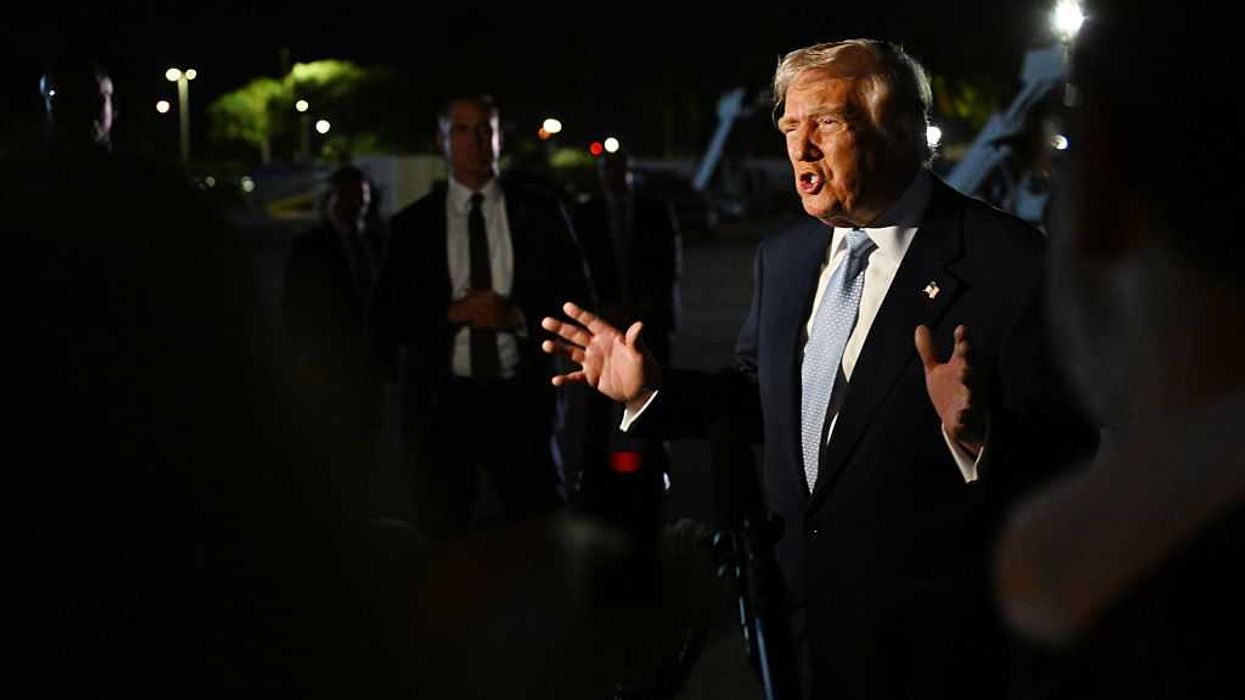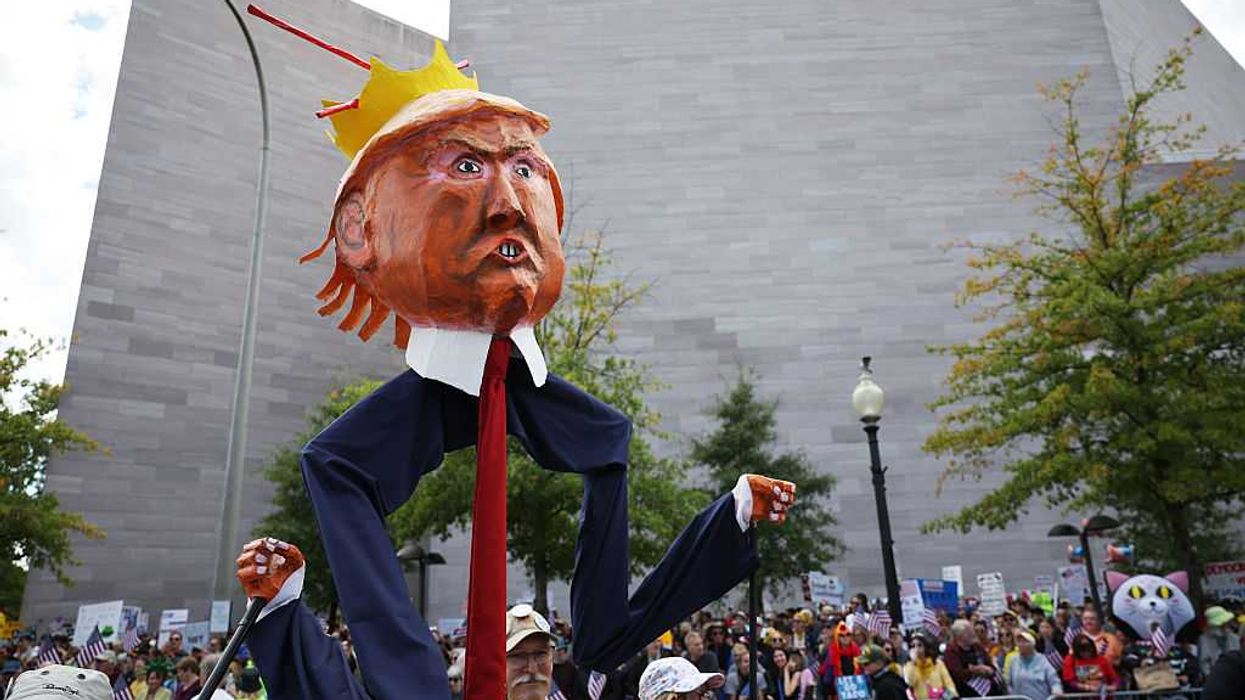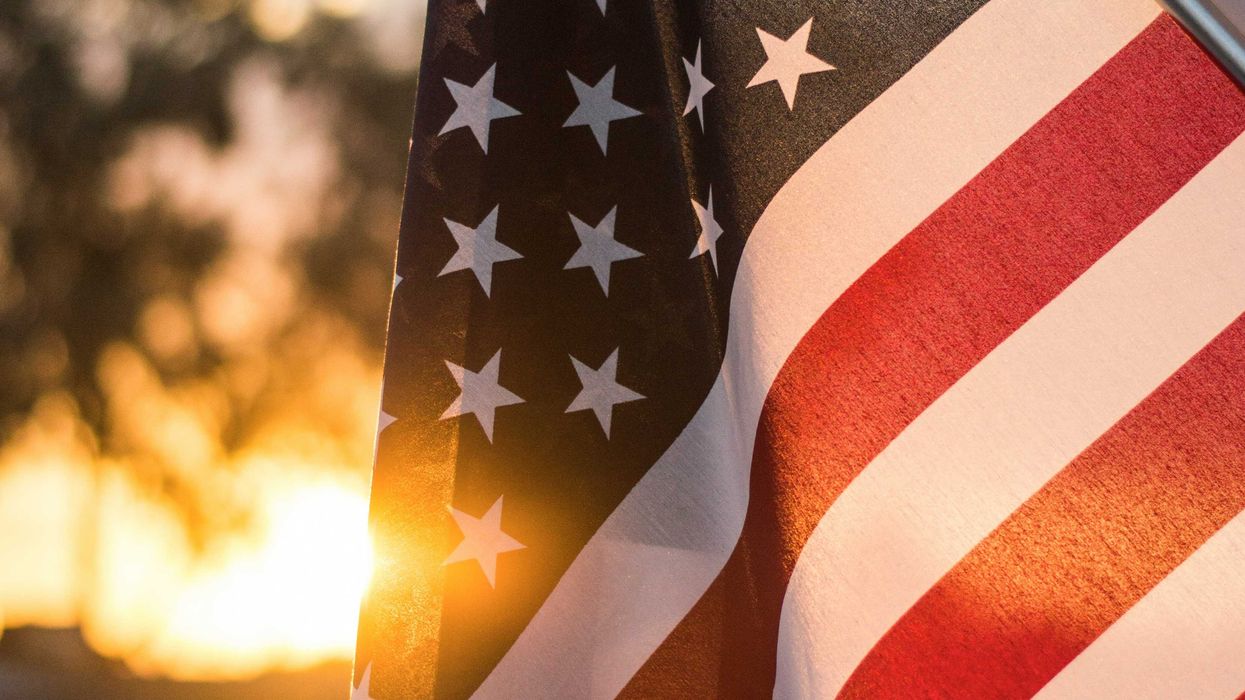Pegoda is a lecturer in women's, gender and sexuality studies, as well as religious studies, at the University of Houston.
At least 40 percent to 90 percent of American voters stay home during elections, evidence that low voter turnout for both national and local elections is a serious problem throughout the United States.
Now that the 2020 campaign is in something close to a state of suspended animation — the novel coronavirus pandemic having taken almost all attention away from the presidential race and forced delays in a dozen states' primaries — directives for people to "get out and vote"have some time to get fired up again.
But if and when outbreak subsides, some people might remain indifferent or simply not care. And many who forgo voting have legitimate reasons.
Over the past decade, through my extensive research on civil rights and oppression, through my observations of social media comments and through my conversations with hundreds of college students, I have concluded that such reasons are both important and, generally, unnoticed.
First, Republican-led efforts to diminish participation in voting and voter registration have greatly contributed to the number of nonvoters.
Since 2010, 25 states have adopted measures specifically aimed at making voting more difficult. Such measures include additional voter identification requirements.
Sometimes lawmakers said these were necessary to curb illegal voting, which research shows is an all-but-nonexistent problem.
Some counties and states have also created confusion and uncertainty about how to initially register or re-register after a voter has moved.
In other cases, people might not know where to vote, due to the distribution of deliberately false information.
Since the Supreme Court ruled in Shelby County v. Holder in 2013 that key aspects of the Voting Rights Act of 1965 were unconstitutional, states have closed more than 1,000 polling locations, half of them in Texas.
Second, some people decide to forgo voting. I hear again and again that sometimes people make such choices after they were intimidated by friends, by family members or by people at polling places.
When facing the complexities of races with dozens of candidates and complicated issues, others say they don't feel they know enough to make informed decisions.
People have also told me they worry about feeling personally responsible if they vote for a candidate or position and there are unforeseen consequences, such as cuts to important aid programs. Members of any group, but especially those of underrepresented groups, may long to vote for desirable candidates but not feel that current candidates offer the possibility that anything will really change.
Individuals have shared with me that they have not voted because they do not trust a nation that they feel has lied and perpetuated systemic abuse against minorities, aggravated further by widespread gerrymandering and for presidential elections, by an Electoral College system that doesn't weigh each vote the same.
In France and India, for example, people who dislike all of the candidates can formally "vote" without endorsing any candidate by selecting "none of the above." Not having this option in the U.S. might affect turnout, too.
Third, voting may simply be too difficult for some people.
I often hear of people who – even with early voting or absentee options – cannot vote because they lack transportation. They are homeless. They lack child care. They are disabled. They work, go to school and live in different cities.
This is even more applicable for the 7 to 8 million in the U.S. who hold multiple jobs. Laws guarantee time off for voting but aren't enforceable and aren't always workable.
Such people are effectively disenfranchised.
Finally and importantly, only nonincarcerated, mentally competent and registered citizens of age may vote.
Based on 2015 data, the right to vote was not extended to more than 13 million people with green cards, work visas or refugee status. Given the total population of people 18 and older exceeded 248 million in 2015, that means one out of every 20 adults living, working and spending money in the United States was not eligible to vote.
Using vague and inconsistent language, states have also worked to deny disabled or mentally ill people a political voice. This affects potentially over a million people nationwide.
As discussed in the books "The New Jim Crow"and in "Race, Incarceration and American Values,"an additional 6 million Americans cannot vote because of felony convictions, an issue that disproportionately affects black people. In some states, this disenfranchisement remains in effect for life.
Given the legitimacy of reasons why they don't participate, nonvoters certainly shouldn't be scolded with, "If you don't vote, you can't complain." Or with even harsher words, as one friend on Facebook put it: "If you don't vote, everything wrong in the world is your fault."
People long to be heard and deserve fair representation. Instead of bashing nonvoters, I recommend taking some deep breaths and initiating friendly conversations. Listen and learn. At a time when public trust in government is at historic lows, such conversations might even encourage someone to demand a voice.
This article is republished from The Conversation under a Creative Commons license. Click here to read the original article.
![]()


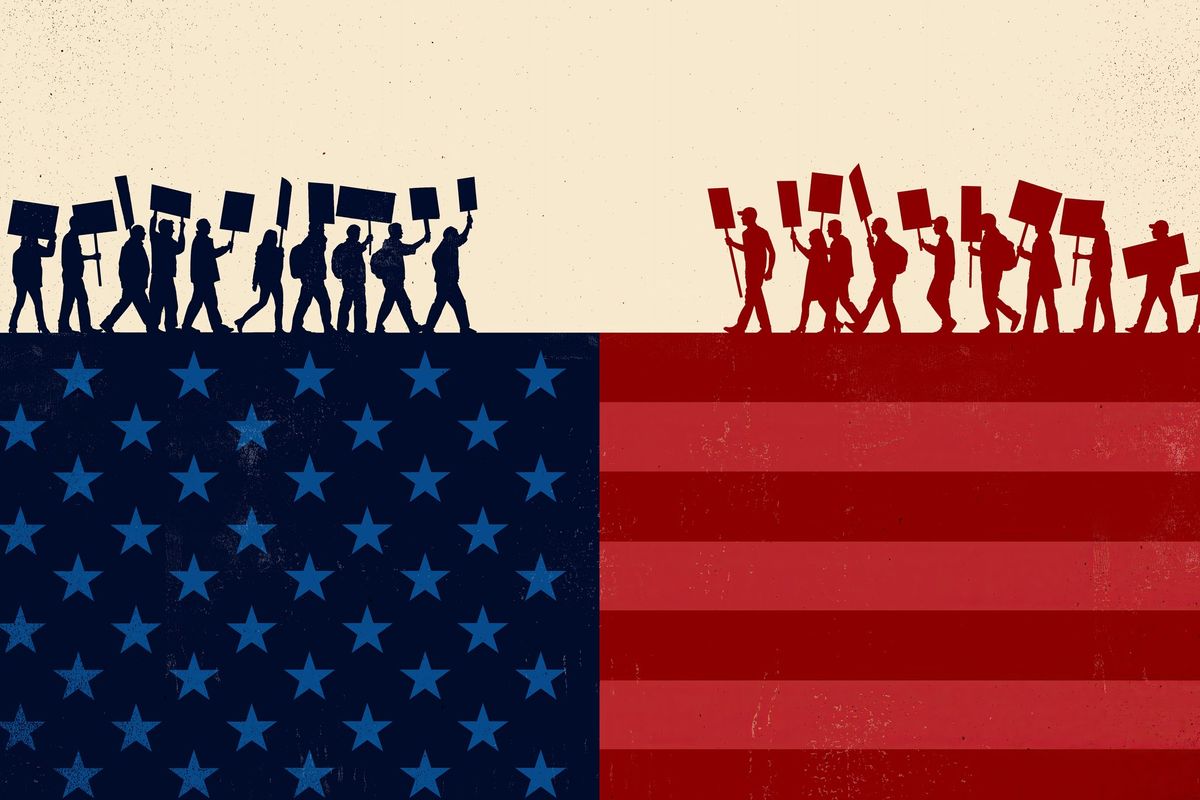
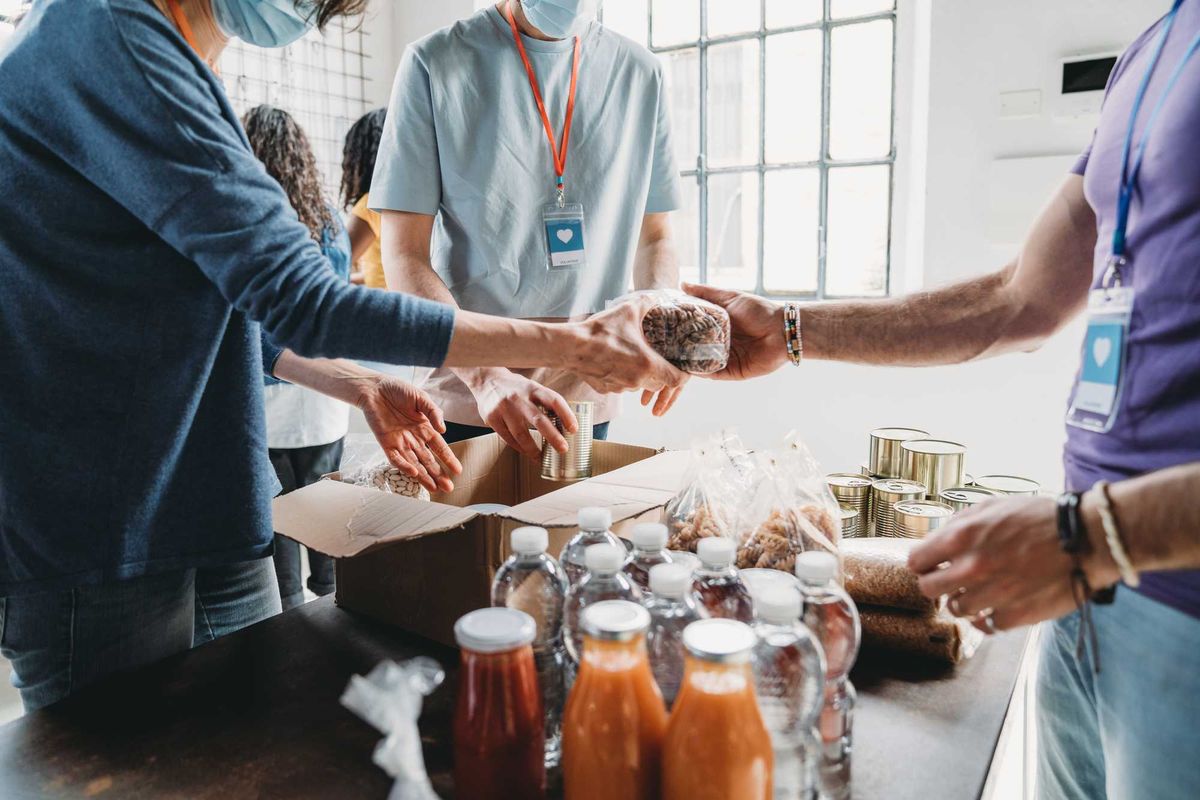
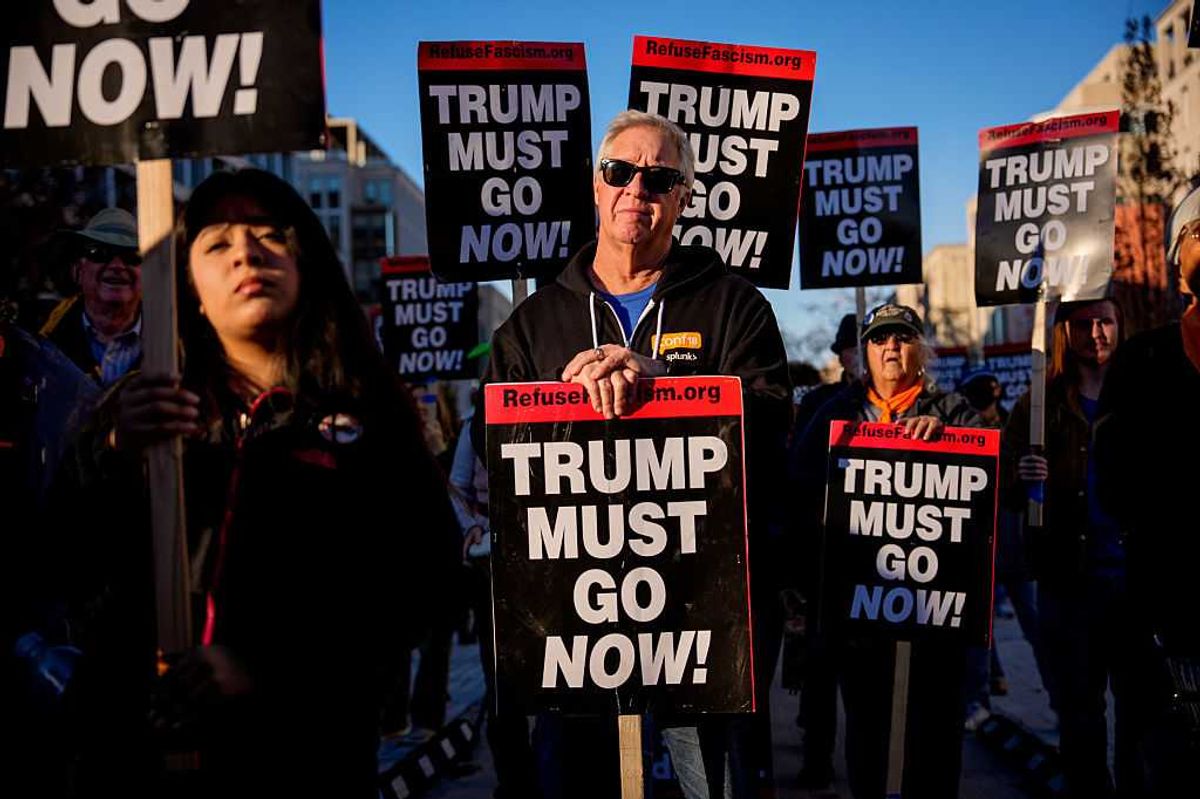
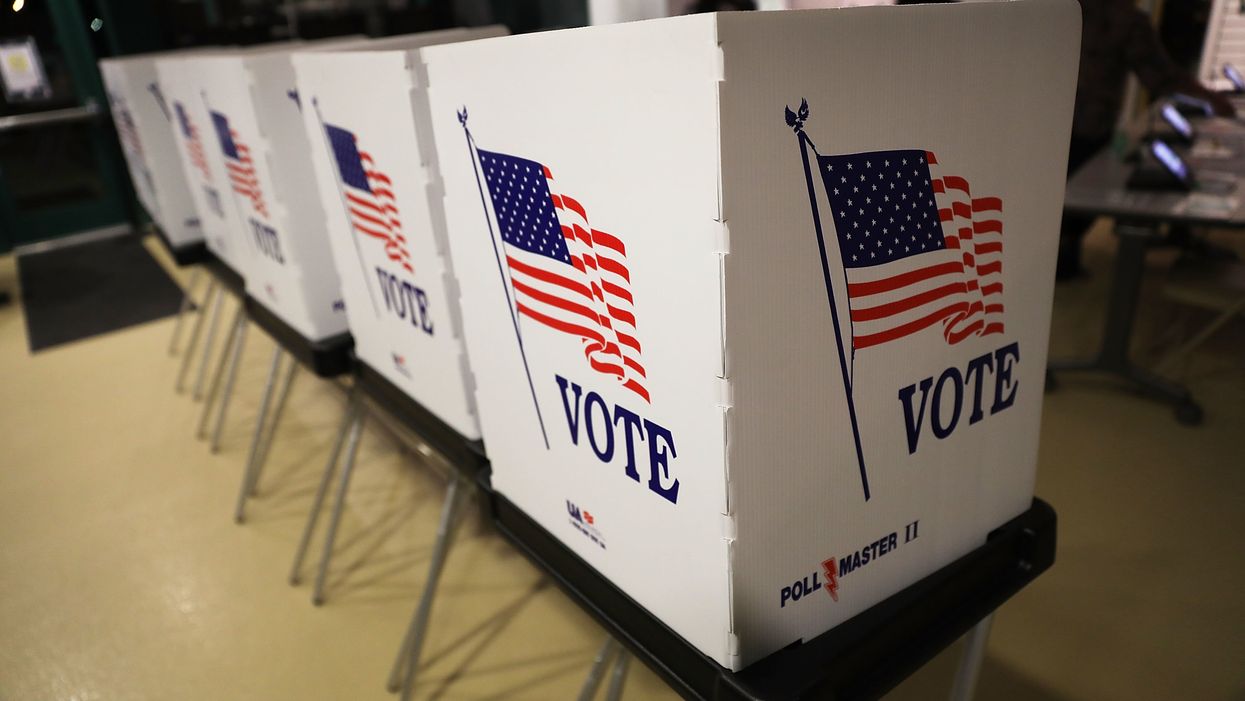
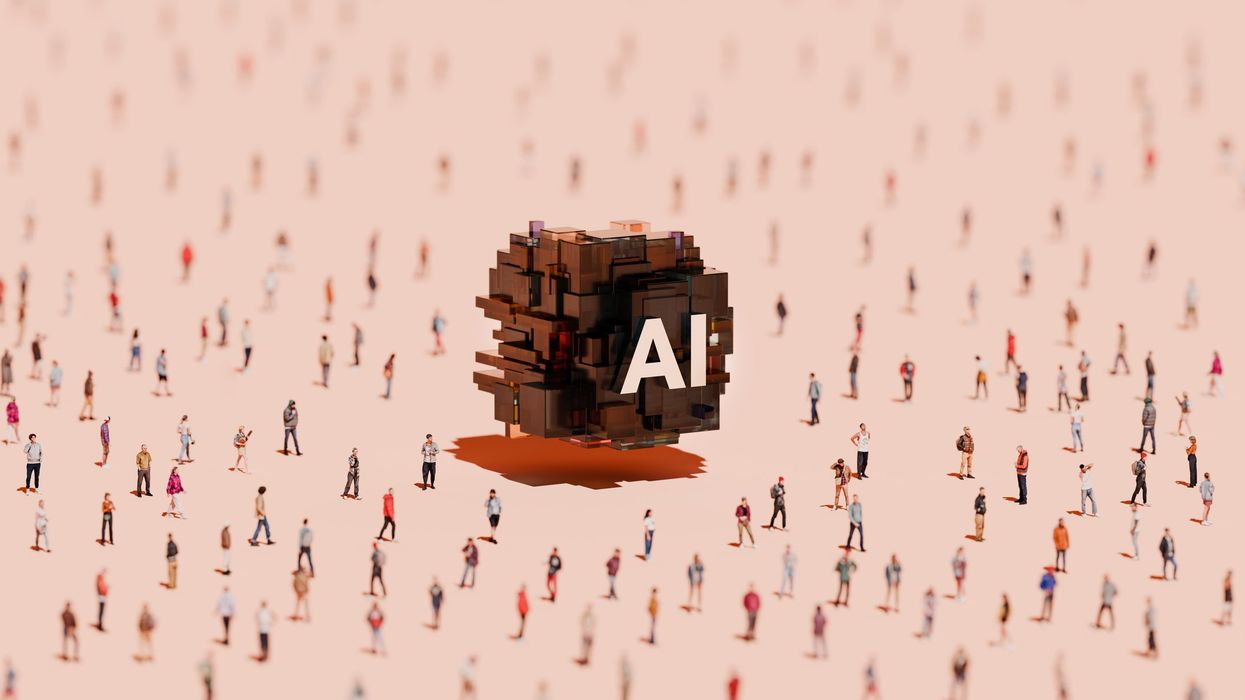


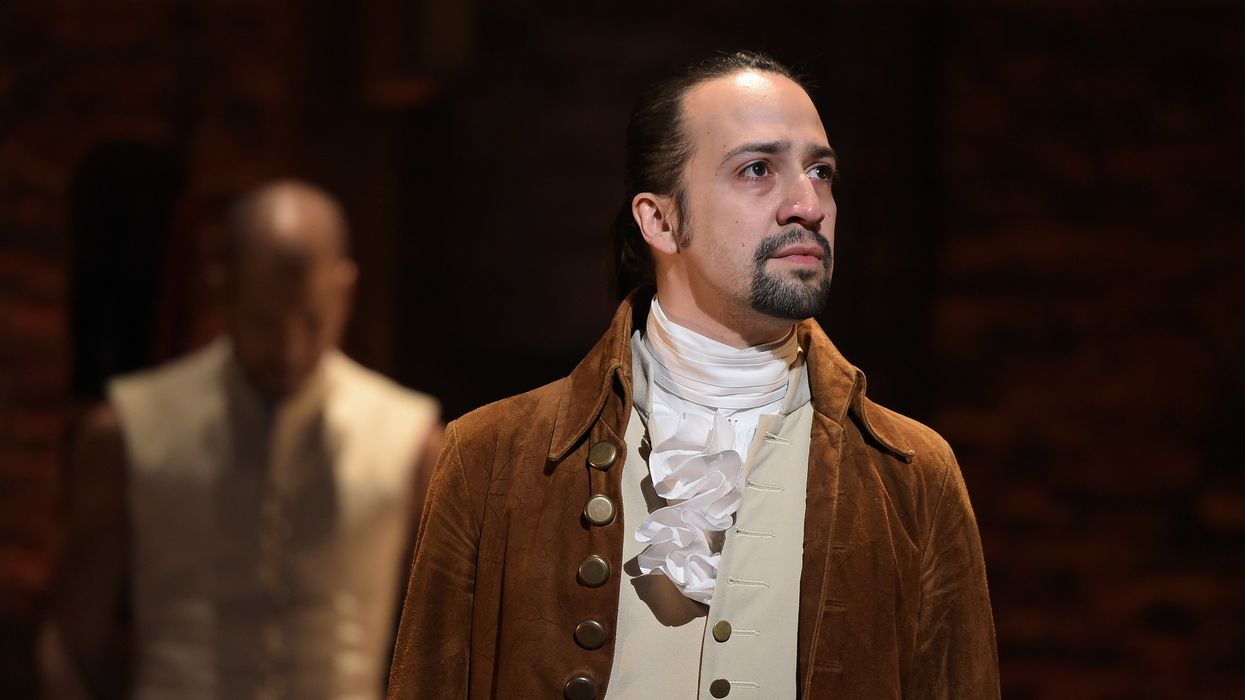
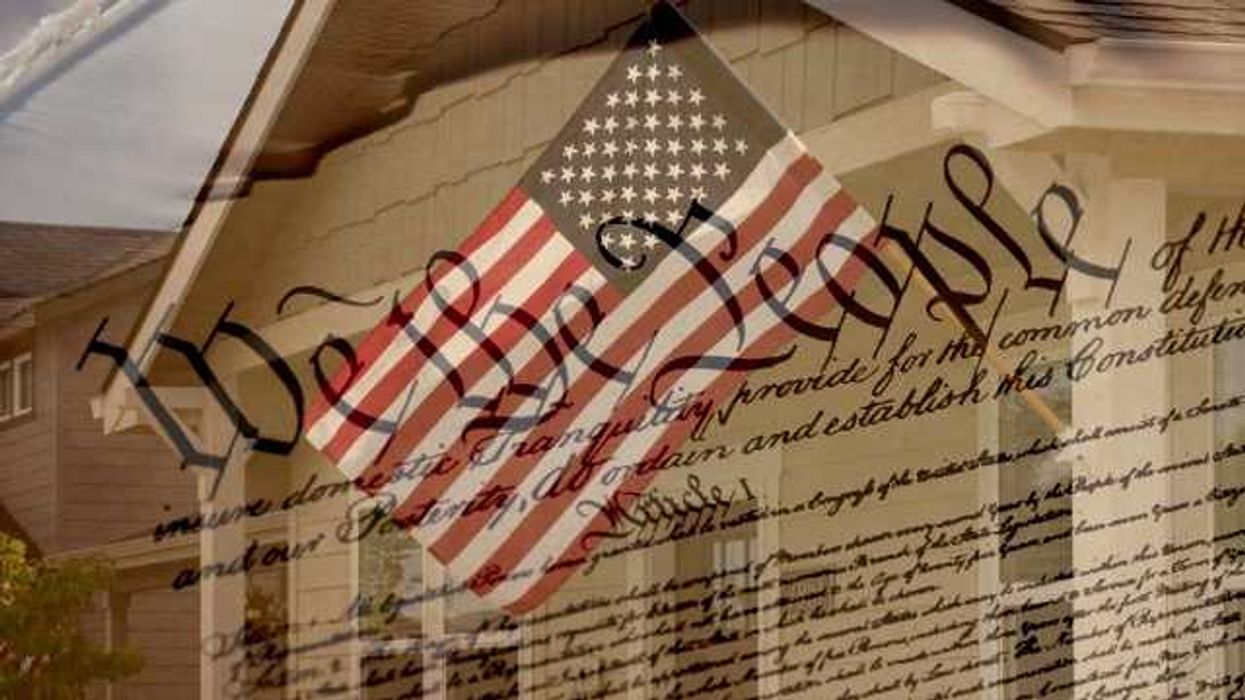
 Shannon Gormley, Rhode Island Public Schools
Shannon Gormley, Rhode Island Public Schools Les Sinclair, Blue Ridge Area Food Bank
Les Sinclair, Blue Ridge Area Food Bank Elena Casillas Hoffman,
Elena Casillas Hoffman, 
 Darrious Hilmon, Executive Director, CAN-TV
Darrious Hilmon, Executive Director, CAN-TV



